Home>Interior Design>Why Do I Have So Many Flies In My House And How To Keep Them Out
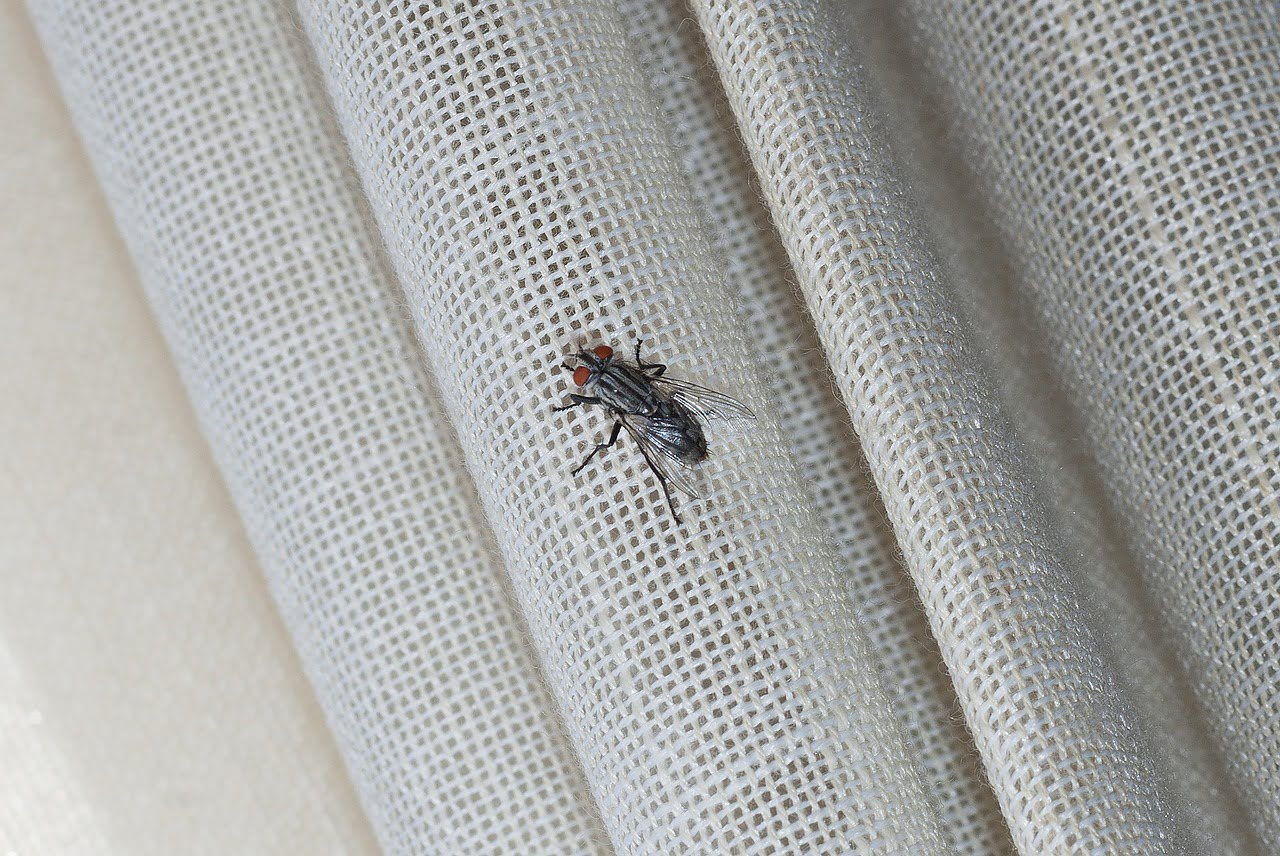

Interior Design
Why Do I Have So Many Flies In My House And How To Keep Them Out
Modified: August 31, 2024
Find out why your house is infested with flies and learn effective interior design tips to keep them out for good.
(Many of the links in this article redirect to a specific reviewed product. Your purchase of these products through affiliate links helps to generate commission for Storables.com, at no extra cost. Learn more)
Introduction
Flies buzzing around in your house can be quite bothersome. Not only are they annoying, but they can also be carriers of diseases, contaminating your living space and posing a risk to your health. If you find yourself with an infestation of flies, it’s important to address the root causes and take necessary steps to prevent them from entering your home in the first place.
In this article, we will explore the common causes of flies in the house and provide you with practical tips on how to keep them out. By understanding why flies are attracted to your house and implementing effective prevention measures, you can create a clean and fly-free environment for you and your family.
So, why do you have so many flies in your house? Let’s dive into the most common causes and explore solutions to keep them at bay.
Key Takeaways:
- Keep your home clean and hygienic to deter flies. Regularly clean, dispose of garbage properly, and seal entry points to minimize fly attraction and create a comfortable living environment for your family.
- Utilize fly screens, traps, and natural repellents to keep flies out. Properly manage indoor plants and seek professional help if needed to effectively control and prevent fly infestations.
Read more: Why Are There So Many Flies On My Porch
Common Causes of Flies in the House
Flies are drawn to certain conditions and environments that provide them with food, breeding sites, and shelter. Identifying the underlying causes of flies in your home is crucial in effectively eliminating and preventing their presence. Here are some common reasons why you may have an abundance of flies in your house:
1. Poor sanitation and hygiene: Flies are attracted to unclean environments and thrive in areas with decaying organic matter. If you have poor sanitation practices, such as leaving dirty dishes out, not cleaning up spills promptly, or neglecting to empty trash cans regularly, you are creating an inviting atmosphere for flies.
2. Pet waste: If you have pets, their waste can attract flies. Leaving pet waste uncovered or not cleaning their litter boxes and designated areas regularly can lead to an increase in fly activity in your home.
3. Overripe or rotting fruits and vegetables: Flies are especially attracted to sweet, decomposing fruits and vegetables. If you have overripe produce sitting on your countertops or in your garbage, it becomes a feeding ground for flies.
4. Garbage and food waste: Flies are scavengers and are easily lured by food waste. If you have uncovered garbage cans or improperly sealed containers, flies will be enticed by the smell and make their way into your home.
5. Standing water and damp areas: Flies require moisture to breed, so stagnant water sources like leaky pipes, clogged drains, or condensation buildup can provide an ideal breeding ground. Additionally, damp areas such as basements, bathrooms, or crawl spaces can attract flies seeking shelter and a water source.
6. Open doors and windows: Flies can easily enter your home through open doors and windows. They are attracted to light and warmth, so if you frequently leave doors or windows without screens open, it becomes an invitation for flies to come inside.
7. Plants and flowers indoors: Certain types of plants and flowers can attract flies, particularly if they have ripe or decaying organic matter on them. Avoid overwatering indoor plants and trim off any dead or decaying leaves or blooms to discourage flies from making them their breeding sites.
By understanding these common causes, you can take proactive measures to address them and prevent flies from infesting your home. In the next section, we will discuss practical tips on how to keep flies out of your house.
Poor sanitation and hygiene
One of the primary reasons for a fly infestation in your house is poor sanitation and hygiene practices. Flies are naturally attracted to areas with decaying organic matter, as it serves as a food source for them and offers ideal conditions for breeding. Therefore, it’s essential to maintain cleanliness and hygiene in your home to keep flies at bay.
Start by regularly cleaning your living spaces, paying close attention to areas where food particles and spills may accumulate. Sweep or vacuum the floors to remove any crumbs or food debris that could attract flies. Additionally, wipe down countertops, tables, and other surfaces daily to eliminate any traces of food residue.
Don’t forget to empty your garbage cans frequently, especially those in the kitchen where food waste can accumulate. Use trash bags with secure lids to prevent flies from accessing the contents. Consider using garbage bins with tight-fitting lids or even those with pedal-operated lids for added protection against flies.
Another crucial aspect of proper sanitation is ensuring that your drains are clean and free of clogs. Flies are attracted to the odors emanating from drains, particularly those clogged with organic matter. Regularly clean your drains using a mixture of baking soda and vinegar, followed by hot water, to keep them free of debris and unpleasant odors.
It’s also important to address any pet waste promptly. If you have pets, regularly clean their litter boxes, designated areas, or cages to prevent flies from being attracted to the waste. Dispose of pet waste in a sealed bag or container and place it in an outdoor trash bin.
Maintaining good hygiene extends to your outdoor areas as well. Remove any animal waste from your yard and keep garbage bins away from the house. Flies can breed in these areas and easily make their way inside, so make sure to keep them clean and sealed tightly.
In addition to cleaning, consider using natural repellents to deter flies. Essential oils such as citronella, lavender, and eucalyptus can act as fly repellents. Simply mix a few drops of any of these oils with water in a spray bottle and spray the solution around the house, focusing on doorways, windows, and other entry points.
By practicing good sanitation and hygiene, you can significantly reduce the presence of flies in your home. In the next section, we will explore other causes of fly infestations and provide practical solutions to keep them out of your house.
Pet waste
Pet waste can be a major contributor to fly infestations in your house. Flies are attracted to the odor and organic matter present in pet waste, making it an ideal breeding ground for them. To prevent flies from being drawn to your home due to pet waste, it’s essential to take proper care of it.
Start by establishing a regular cleaning routine for your pet’s waste. Whether you have a cat or a dog, make sure to clean their litter boxes or designated areas regularly. Remove any solid waste promptly and dispose of it in a sealed bag or container. For cat litter boxes, consider using clumping litter, as it makes the removal and disposal of waste even easier.
For dog owners, it’s important to pick up after your pet when they relieve themselves outdoors. Always carry bags with you during walks and promptly clean up any waste your dog leaves behind. Tie the bags securely and dispose of them in an outdoor trash bin. Leaving pet waste lying around not only attracts flies but also contributes to the spread of diseases and poses a health risk to you and your family.
Additionally, make sure to clean and disinfect your pet’s living area regularly. Whether it’s a crate, cage, or bedding, keeping these areas clean and free from waste will help deter flies. Use pet-safe disinfectants or natural solutions such as vinegar mixed with water to clean these areas effectively.
If you have a backyard, ensure that you regularly remove any accumulated pet waste from the area. Flies are attracted to the odor of waste, so regularly cleaning up after your pet will help minimize their presence. Consider designating an area specifically for your pet to relieve themselves and train them to use that spot consistently. This concentrated area will be easier to maintain and clean, reducing the chances of fly infestations.
In addition to proper waste management, you can also use fly repellents in areas where your pets spend time. Essential oils such as lemongrass, peppermint, or citronella can help deter flies. Dilute a few drops of these oils in water and apply the mixture onto your pet’s bedding or around their living area. However, it’s important to choose pet-safe essential oils and avoid direct contact with their skin.
By properly managing pet waste and maintaining cleanliness in your pet’s living areas, you can significantly reduce the presence of flies in your house. In the next section, we will discuss another common cause of fly infestations and provide practical solutions to keep them out.
Overripe or rotting fruits and vegetables
Flies are highly attracted to sweet and decaying organic matter, making overripe or rotting fruits and vegetables a feeding ground for them. If you have these items in your kitchen or dining area, it’s no wonder you may be experiencing an influx of flies in your house. To prevent flies from being drawn to these food sources, it’s important to handle fruits and vegetables properly.
First and foremost, regularly inspect your produce for any signs of spoilage or rot. Remove any overripe or damaged fruits and vegetables from your storage areas immediately. Storing these items alongside fresh produce can lead to the spread of mold and attract flies, so it’s essential to separate them.
To prevent your fruits from ripening too quickly, store them in a cool, dry place away from direct sunlight. Some fruits, like bananas and apples, release ethylene gas, which can speed up the ripening process. Keep these fruits separated from other produce to avoid affecting their shelf life.
Consider using a fruit bowl or basket with a cover or mesh netting to keep flies away from your fruit. This will provide a barrier and prevent flies from accessing the produce. Alternatively, you can store your fruits and vegetables in the refrigerator, as the colder temperature will slow down the ripening process and discourage flies.
Dispose of any spoiled or rotting produce properly. Wrap these items in a plastic bag and tightly seal it before placing it in an outdoor trash bin. If you have a compost bin, make sure it is covered and away from the house to prevent flies from being attracted to it.
Regularly clean your kitchen counters, especially if you have been handling fruits and vegetables. Wipe away any spills or food residues promptly, as even small traces can attract flies. Keep your kitchen clean and free from food particles to minimize the chances of flies finding a food source.
If you have a fruit fly infestation specifically, there are effective homemade traps you can utilize. One popular method involves placing apple cider vinegar or red wine in a jar or bowl with a plastic wrap tightly secured on top. Punch small holes in the plastic wrap to allow flies to enter but make it difficult for them to escape. The flies will be attracted to the scent of the liquid and drown once they enter the trap.
By properly handling and storing your fruits and vegetables, you can reduce the attractiveness to flies and discourage their presence in your home. In the next section, we will address another common cause of fly infestations and provide practical solutions to keep them out.
Read more: Why Do I Have Flies In My Basement
Garbage and food waste
Garbage and food waste can be a significant magnet for flies, as they are attracted to the odors and decaying organic matter present in these waste materials. If you have uncovered garbage cans or improperly sealed containers, you may be inviting flies into your home. Proper waste management is essential for preventing fly infestations caused by garbage and food waste.
Start by ensuring that all your garbage cans, both indoors and outdoors, have tight-fitting lids. This will prevent flies from accessing the waste and being attracted to the odor. Consider using trash bags with drawstrings or twist ties to secure the bags before placing them in the garbage cans.
Regularly empty your garbage cans, especially those in the kitchen where food waste tends to accumulate. Dispose of the trash in sealed bags and place it in an outdoor bin with a secure lid. Avoid letting garbage sit for extended periods as it will attract more flies and potentially lead to a larger infestation.
Keep your kitchen clean and free from food waste. Wipe down countertops and clean up any spills or food residues promptly. Flies are particularly attracted to sugary or greasy substances, so make sure to pay extra attention to areas where these types of residues may be present.
If you have a compost bin, manage it properly to prevent attracting flies. Keep a lid on the bin and regularly turn the compost to promote proper decomposition. Make sure to avoid placing any meat, dairy, or oily items in the compost, as these can become breeding grounds for flies. If you notice a significant increase in flies around your compost bin, consider moving it farther away from your house.
To further deter flies, consider using natural repellents or fly traps. Essential oils such as lemongrass, peppermint, or citronella can be mixed with water and sprayed around garbage areas to repel flies. Additionally, there are various commercially available fly traps that can be used to attract and trap flies effectively.
Proper waste management is essential not just for preventing fly infestations but also for maintaining a clean and hygienic living environment. By taking the necessary steps to manage your garbage and food waste properly, you can significantly reduce the presence of flies in your home. In the next section, we will discuss another common cause of fly infestations and provide practical solutions to keep them out.
Standing water and damp areas
Flies require moisture to breed, making standing water and damp areas prime breeding grounds for them. If you have areas in your house where water accumulates or dampness persists, you may be inadvertently attracting flies. By addressing these sources of water and controlling dampness, you can effectively reduce fly infestations.
Start by inspecting your home for any leaks, both indoors and outdoors. Check for dripping faucets, pipe leaks, or any other sources of water that could be contributing to the presence of flies. Fixing these leaks promptly will not only help prevent fly breeding but also save on water usage and potential water damage.
Ensure that your gutters and downspouts are functioning properly and directing rainwater away from the foundation of your house. Standing water around the foundation can lead to dampness and create an ideal environment for flies. Regularly clean your gutters to prevent clogging, which can cause water to overflow and collect near your home.
Address any other sources of standing water in your vicinity. Empty and clean birdbaths, pet water bowls, and flower pots regularly to prevent water from stagnating. Drain any puddles or areas where water tends to accumulate, such as improper grading in your yard or low-lying areas.
Dampness in certain areas of your house can also attract flies. Ensure that your bathrooms, laundry areas, and basements are well-ventilated to prevent moisture buildup. Use exhaust fans or open windows when bathing or cooking to allow proper airflow and reduce humidity levels.
If you have areas prone to dampness, such as crawl spaces or basements, consider using dehumidifiers to control the moisture levels. Keeping these areas dry will discourage flies from seeking shelter and breeding there.
Regularly inspect and clean your air conditioning units, as they can produce condensation that attracts flies. Clean or replace filters as necessary to ensure proper airflow and reduce moisture retention.
In outdoor areas, trim back vegetation and shrubs that may provide ample shade and retain moisture. Flies are attracted to shaded, damp areas, so keeping vegetation well-maintained and allowing sunlight to reach these areas can discourage fly activity.
By addressing standing water and controlling dampness in your house and outdoor areas, you can greatly reduce the likelihood of fly infestations. In the next section, we will explore other causes of fly infestations and provide practical solutions to keep them out.
Open doors and windows
Open doors and windows can serve as entry points for flies to enter your house. Flies are naturally attracted to light and warmth, making these openings an invitation for them to come inside. To minimize the number of flies entering your home through open doors and windows, there are several steps you can take.
First, be mindful of the duration and frequency that doors and windows are left open. Close doors promptly after entering or exiting your house to limit the time for flies to enter. It’s especially important to be vigilant during the warmer months when flies are more active.
Utilize screens on doors and windows to create a barrier and prevent flies from freely entering your home. Make sure that your screens are in good condition, with no tears or holes that could allow flies to pass through. If you notice any damage, repair or replace the screens as necessary.
Consider using screen doors or installing screen curtains to create an added layer of protection. These can help prevent flies from entering even when doors or windows are open for ventilation.
If you frequently use doors for access to your backyard or patio, consider installing self-closing mechanisms. These mechanisms automatically close the door behind you, reducing the chances of flies entering unnoticed.
To further deter flies from congregating near open doors and windows, you can use natural repellents. Essential oils such as lavender, peppermint, or eucalyptus can be diluted in water and sprayed around these entry points. Flies are repelled by the scent, making them less likely to linger in those areas.
In addition to screens and repellents, you can also utilize fly traps near doors and windows. There are various commercially available traps that are effective in attracting and catching flies.
Being mindful of open doors and windows, using screens, and implementing repellents and traps can significantly reduce the number of flies entering your home. In the next section, we will explore more preventive measures to keep flies out of your house.
Plants and flowers indoors
Plants and flowers can bring beauty and a touch of nature into your home, but they can also attract flies if not properly cared for. Flies are attracted to the organic matter found in plant soil, as well as the moisture and decaying leaves or flowers. To minimize the presence of flies attracted to your indoor greenery, consider the following tips.
First, be mindful of overwatering your plants. Excess moisture in the soil can create a breeding ground for flies. Water your plants only when the soil is dry to the touch, and avoid allowing water to collect in the saucers beneath the plant pots. Empty any excess water to prevent flies from being attracted to the dampness.
Inspect your plants regularly and remove any dead or decaying leaves, flowers, or plant debris. Flies are attracted to decaying organic matter, so keeping your plants clean and well-maintained will help deter them. Dispose of any plant waste properly, either by adding it to compost bins or sealing it in a bag before discarding it.
If you notice an infestation of flies around your plants, you can use natural remedies to control them. One method is to create a mixture of water, dish soap, and vinegar and spray it on the affected plants. The scent and stickiness of the solution will repel flies. However, make sure the solution is safe for your specific plants, as some may be sensitive to certain ingredients.
Consider using yellow sticky traps near your plants to catch adult flies. These traps are coated with a sticky substance that attracts flies and prevents them from flying away. Place the traps near the plants but not touching them to avoid any damage.
Another preventive measure is to avoid overpopulating your indoor space with too many plants. The more plants you have, the more organic matter there is for flies to feast on. Select a few well-maintained and fly-resistant plants that can thrive in the conditions of your home.
Create a fly-repelling atmosphere by strategically placing certain herbs or essential oils near your plants. Flies are repelled by the scents of plants such as basil, lavender, mint, and rosemary. You can grow these plants near your indoor plants or use their essential oils diluted in water and spray it around the plants.
By properly caring for your indoor plants, removing decaying matter, and implementing fly deterrents, you can enjoy the beauty of your plants without attracting flies into your home. In the next section, we will provide a summary of the tips discussed and additional preventive measures to keep flies out of your house.
Keep flies out by sealing cracks, using screens on windows, and keeping doors closed. Remove attractants like food and garbage, and use fly traps or repellents.
How to Keep Flies Out of Your House
To keep flies out of your house and create a fly-free environment, it’s important to address the common causes of infestations and implement preventive measures. Here is a summary of the tips discussed in this article, along with additional preventive measures:
1. Maintain cleanliness and hygiene:
– Regularly clean your living spaces, including floors, countertops, and surfaces.
– Empty garbage cans frequently and use lids to prevent flies from accessing the waste.
– Clean pet waste promptly and dispose of it in sealed bags.
2. Proper waste management:
– Dispose of food waste properly, ensuring that garbage cans have tight-fitting lids.
– Keep kitchen counters clean and free from food residue.
– Clean and maintain outdoor areas, such as yards and trash bins, to minimize fly attraction.
3. Inspect and seal entry points:
– Close doors and windows promptly and utilize screens to keep flies out.
– Install self-closing mechanisms on doors to automatically prevent flies from entering.
– Use natural repellents and fly traps near entry points.
4. Use fly screens on doors and windows:
– Ensure that screens are in good condition and repair or replace any damaged ones.
– Consider using screen doors or curtains for added protection.
5. Set up fly traps and repellents:
– Utilize homemade or commercially available fly traps near areas where flies are a problem.
– Use natural repellents, such as essential oils, to deter flies from congregating.
6. Keep indoor plants and flowers under control:
– Avoid overwatering plants and remove decaying leaves or flowers promptly.
– Use natural remedies or sticky traps to control flies around plants.
7. Seek professional help if needed:
– If fly infestations persist or become overwhelming, it may be necessary to seek professional pest control services for effective eradication.
By implementing these preventive measures and addressing the common causes of fly infestations, you can significantly reduce the presence of flies in your house. Remember to maintain cleanliness, employ proper waste management practices, seal entry points, utilize screens and repellents, and keep plants and flowers well-maintained. A fly-free home will not only be more comfortable but also promote a healthier and more hygienic environment for you and your family.
Maintain cleanliness and hygiene
One of the most effective ways to keep flies out of your house is by maintaining cleanliness and hygiene. Flies are attracted to unclean environments, particularly areas with decaying organic matter, which serves as a food source for them. By adopting good cleaning practices, you can significantly reduce the presence of flies in your home.
Start by keeping your living spaces clean and free from food particles and spills. Regularly sweep or vacuum the floors to remove crumbs and other debris that can attract flies. Wipe down countertops, tables, and other surfaces to eliminate any leftover food residue.
The kitchen, in particular, requires extra attention as it is a common area for food preparation and consumption. Clean up spills promptly and thoroughly, and wash dishes and utensils as soon as possible. Make sure to focus on areas that may be easily overlooked, such as behind and under appliances.
Emptying your garbage cans frequently is crucial in preventing flies. Dispose of food waste and other perishable items in sealed bags or containers to prevent odors from attracting flies. Consider using garbage cans with tight-fitting lids to further deter flies from accessing the waste.
Maintaining cleanliness extends to pet areas as well. If you have pets, clean their food bowls regularly, remove any spilled food, and dispose of their waste promptly. Pet waste can be a significant attractant for flies, so be diligent in keeping litter boxes, cages, and designated areas clean.
Proper sanitation in the bathroom is also essential. Keep toilet lids closed when not in use and regularly clean toilet bowls, sinks, and drains to eliminate any organic matter that can attract flies. Use a drain cleaner to prevent clogs and remove any potential breeding grounds.
In addition to cleanliness, practicing good hygiene can also reduce the risk of attracting flies. Wash your hands thoroughly before handling food or after coming into contact with potential fly-attracting substances. Flies can be carriers of disease-causing organisms, so maintaining personal hygiene is essential for the health and well-being of you and your family.
By maintaining cleanliness and practicing good hygiene throughout your home, you can significantly reduce the presence of flies. Regular cleaning, proper waste disposal, and personal hygiene habits are key to keeping your house fly-free. In the next section, we will discuss another important factor in keeping flies out of your house – proper waste management.
Proper waste management
Proper waste management is crucial in keeping flies out of your house. Flies are attracted to decaying organic matter, making food waste an enticing breeding ground for them. By implementing proper waste management practices, you can reduce fly attraction and minimize their presence in your home.
Start by ensuring that you have designated trash bins with secure lids for disposing of your household waste. These lids help to contain odors and prevent flies from accessing the waste. Consider using trash bags or liners to further seal in the garbage and make disposal more hygienic.
Regularly empty your trash bins, especially those in the kitchen where food waste accumulates. Dispose of the garbage in sealed bags and place them in outdoor trash bins with tightly fitted lids. Avoid letting garbage sit for extended periods, as it will attract flies and other pests.
When disposing of food scraps, it’s important to separate them from other waste to prevent odors and fly attraction. Consider using a separate container or bag specifically for food scraps, which can be emptied into compost bins if available. Keep compost bins covered and away from the house to deter flies from breeding.
Properly disposing of pet waste is also critical in preventing flies. Collect pet waste promptly and place it in sealed bags before disposing of it in outdoor trash bins. If you have a yard, regularly clean up after your pets to minimize the chances of flies being attracted to the waste.
In addition to proper waste disposal, it’s important to maintain cleanliness around your trash bins and outdoor garbage areas. Clean and sanitize the bin area regularly to eliminate food debris, spills, and odors that can attract flies. Keep the bins tightly closed and minimize the time they are left open.
Consider using natural fly deterrents in and around your waste management areas. Essential oils such as lemongrass, citronella, or peppermint can be mixed with water and sprayed in the vicinity of trash bins to repel flies. Additionally, there are commercially available fly repellent sprays and gels that can be applied to the lids or surrounding areas.
By practicing proper waste management, including separating food waste, regularly emptying trash bins, and keeping outdoor garbage areas clean, you can significantly reduce fly attraction and prevent infestations. Maintaining a clean and hygienic waste management system goes a long way in keeping flies out of your house. In the next section, we will discuss another important measure to prevent flies – inspecting and sealing entry points.
Inspect and seal entry points
Inspecting and sealing entry points is a crucial step in preventing flies from entering your house. Flies can easily find their way indoors through small gaps and openings. By identifying and addressing these entry points, you can effectively reduce the chances of flies infiltrating your home.
Start by thoroughly inspecting the exterior of your house, including windows, doors, vents, and any cracks or crevices. Look for gaps in weatherstripping, loose screens, or damaged window frames. Pay attention to areas where utility lines enter your house, as they can provide entrance points for flies.
Seal any gaps or cracks found during the inspection using appropriate materials such as caulk, weatherstripping, or sealant. Repair or replace damaged window screens to ensure they are properly fitted and free of holes that may allow flies to enter. Reinforce doors and windows with door sweeps and draft stoppers to limit the space for flies to enter.
Inspect and seal openings around utility lines, vents, and pipes. Use mesh or wire screens to cover these openings, preventing flies from gaining access indoors. Pay attention to areas where plumbing enters your house, as they can be common entry points for flies.
In addition to sealing the exterior, inspect the interior of your house for any entry points. Look for gaps around windowsills, door frames, and baseboards. Ensure that any openings in walls or ceilings, such as gaps around electrical outlets or light fixtures, are properly sealed.
Keep doors closed as much as possible, particularly when not in use. Installing self-closing mechanisms can help ensure that doors are not inadvertently left open. Consider using door sweeps or draft stoppers to create a tight seal at the bottom of doors, preventing flies from entering.
Addressing entry points is an ongoing task, as wear and tear or seasonal changes can create new openings. Regularly inspect and maintain the condition of windows, doors, and other entry points to ensure they remain sealed and secure.
By inspecting and sealing entry points, you can proactively prevent flies from entering your home. Taking the time to identify and address these potential openings helps create a barrier, minimizing the chances of fly infestations. In the next section, we will discuss another effective measure in keeping flies out – installing fly screens on doors and windows.
Read more: Why Does My Hot Tub Have So Many Bubbles
Use fly screens on doors and windows
Installing fly screens on doors and windows is a highly effective way to keep flies out of your house while allowing fresh air to circulate. Fly screens act as a protective barrier, preventing flies and other insects from entering your home through open doors and windows. Here are some key points to consider when using fly screens:
1. Choose the right type of fly screen: There are various types of fly screens available, including traditional screens made of metal or fiberglass mesh and newer options like retractable screens or magnetic screens. Consider your specific needs and preferences when selecting the type of screen that suits your home best.
2. Measure your doors and windows accurately: Before purchasing fly screens, measure your doors and windows accurately to ensure a perfect fit. The screens should cover the entire opening without any gaps or spaces that bugs can penetrate. Proper measurements are essential for maximum effectiveness.
3. Install the fly screens securely: Follow the manufacturer’s instructions for installation. Ensure that the screens are firmly attached to the frames and tightly secured. Double-check for any gaps or loose areas, as even the smallest opening can allow flies to enter.
4. Inspect and maintain the screens regularly: Regularly inspect the fly screens for any damage, tears, or holes. Repair or replace damaged screens as soon as possible, as even minor damage can compromise their effectiveness. Clean the screens regularly to prevent the buildup of dirt and debris that may attract flies.
5. Utilize additional protection: For added protection against flies, consider using screen doors. Screen doors can be installed in addition to your existing doors, providing an extra layer of defense against flying insects. Magnetic screen doors are also a convenient option, as they automatically close behind you to prevent flies from entering.
6. Educate household members: Ensure that everyone in your household is aware of the importance of keeping doors and windows with fly screens closed. Remind them to check the screens for any tears or damage and to report any issues promptly.
Fly screens provide a great solution to enjoy fresh air and natural ventilation while keeping flies and other insects out. By installing and properly maintaining fly screens on doors and windows, you can effectively create a barrier that minimizes the chances of fly infestations in your home. In the next section, we will explore additional measures, such as using fly traps and repellents, to further discourage flies from entering your house.
Set up fly traps and repellents
Setting up fly traps and utilizing repellents can provide an additional layer of defense against flies and help keep them out of your house. Here are some effective methods to consider:
1. Fly traps: There are various types of fly traps available, including sticky traps, bait traps, and electric fly traps. Sticky traps use adhesive surfaces to catch flies, while bait traps utilize attractants to lure flies in. Electric fly traps use UV light to attract flies and then zap them with an electric shock. Choose the type of trap that suits your needs and place them strategically in areas where flies are a problem, such as near doors, windows, or garbage areas.
2. DIY fly traps: You can also create your own fly traps using household items. For example, you can make a simple vinegar trap by filling a jar with apple cider vinegar and covering it with plastic wrap. Secure the plastic wrap with a rubber band and poke a few small holes in it. Flies will be attracted to the vinegar and get trapped inside the jar.
3. Fly repellents: Natural repellents can help deter flies from entering your house. Essential oils such as citronella, lavender, eucalyptus, or lemongrass have insect-repellent properties. Dilute a few drops of the chosen essential oil with water in a spray bottle and apply it to doorways, windowsills, and other potential entry points to create a barrier against flies. You can also soak cotton balls in the essential oils and place them strategically around the house.
4. Fly strips and ribbons: Fly strips or ribbons coated with a sticky adhesive are effective in catching flies. Hang them near windows or other areas where flies are commonly seen. The adhesive surface will capture flies when they come into contact with it.
5. Electronic fly repellents: Electronic devices that emit ultrasonic sound waves or use LED lights to repel flies are available on the market. These emit frequencies or light that are irritating to flies, keeping them away from your house. Follow the manufacturer’s instructions for proper placement and usage.
Remember to regularly check and replace traps or fly strips as needed. Clean the traps and dispose of trapped flies to maintain their effectiveness. When using repellents, be cautious of any allergies or sensitivities to the ingredients and follow the instructions for safe usage.
By setting up fly traps and using repellents, you can actively deter flies from entering your home. Combine these measures with other preventive strategies, such as cleanliness, proper waste management, and sealing entry points, for a comprehensive approach to keeping flies out of your house. In the next section, we will discuss the importance of controlling indoor plants and flowers to minimize fly attraction.
Keep indoor plants and flowers under control
While indoor plants and flowers can bring beauty and a touch of nature to your home, they can also attract flies if not properly managed. Here’s how you can keep indoor plants and flowers under control to minimize fly attraction:
1. Proper watering: Overwatering plants can lead to excess moisture, creating favorable conditions for flies to breed. Be mindful of the watering requirements for different plant species and avoid overwatering. Allow the top layer of soil to dry out before watering again. Ensure proper drainage by using well-draining pots and saucers.
2. Remove decaying matter: Inspect your plants regularly and remove any decaying leaves, flowers, or plants. Flies are attracted to decomposing organic matter, so disposing of it promptly will help deter them. Check the soil surface for fallen leaves or debris and clean it up to prevent fly breeding.
3. Clean plant surfaces: Dust and debris on plant surfaces can attract flies, so make it a habit to clean the leaves regularly. Use a soft cloth or sponge dipped in water to gently wipe off any dust or dirt. This will not only remove fly-attracting particles but also allow the plants to breathe and grow better.
4. Manage fruit flies: Fruit flies are particularly attracted to ripe or fermenting fruits. If you have indoor fruit trees or keep fruits on display, be vigilant in removing any overripe or rotting fruits. Ensure that fruit bowls are covered, and remove fallen fruits immediately. Keep your kitchen clean and dispose of food waste properly to prevent fruit fly infestations.
5. Natural fly repellents: Certain plants possess natural insect-repellent properties. Consider incorporating fly-repellent plants like basil, mint, lavender, or rosemary into your indoor garden. The scents of these plants can help deter flies. Alternatively, you can use essential oils derived from these plants to create a natural fly repellent spray. Dilute a few drops of the essential oil with water and apply it around your plants.
6. Fly traps near plants: If you notice an abundance of flies around your indoor plants, place fly traps nearby to catch them. Sticky traps or jar traps attract and capture flies, reducing their population. Ensure that the traps are positioned in a way that doesn’t interfere with the growth and health of the plants.
7. Maintain good airflow: Proper ventilation is essential for healthy plants and discouraging fly infestations. Make sure rooms with plants have adequate airflow by opening windows or using fans. This helps to prevent excess moisture buildup, which can attract flies.
By following these tips, you can keep indoor plants and flowers under control, reducing their attractiveness to flies. Regular maintenance, proper watering, removal of decaying matter, and using natural repellents or traps contribute to a fly-free indoor environment. In the next section, we will conclude by summarizing the importance of these preventive measures in keeping flies out of your house.
Seek professional help if needed
While implementing preventive measures can go a long way in keeping flies out of your house, there may be instances where the infestation becomes significant or persistent. In such cases, it’s important to seek professional help to effectively eradicate the fly problem. Here’s when you should consider seeking professional assistance:
1. Large infestations: If you notice a large number of flies in your house, despite your best efforts to control them, it may indicate a more significant problem. Professional pest control services have the expertise and resources to identify the source of the infestation and implement effective measures to eliminate it.
2. Persistent or recurring infestations: If you find that fly infestations keep recurring despite your preventive efforts, it may be a sign of an underlying issue. A professional pest control provider can conduct a thorough assessment to identify the root cause and develop a targeted treatment plan to resolve the problem and prevent future infestations.
3. Specialty fly infestations: Some types of flies, such as fruit flies or cluster flies, can be particularly difficult to control. These flies may have specific behaviors or breeding habits that require specialized treatments. Professional pest control companies have the knowledge and experience to effectively manage these specific fly infestations.
4. Health and safety concerns: Flies can carry disease-causing organisms, posing a risk to human health. If you have concerns about the potential health implications of a fly infestation or if you or your family members are experiencing health issues related to the infestation, it’s important to consult with professionals who can address the problem thoroughly and ensure a safe living environment.
Professional pest control providers have access to a range of effective treatments and methods for fly control. They can employ targeted approaches to eliminate flies at each stage of their lifecycle, from eggs to adult insects. Additionally, pest control professionals can provide guidance on preventing future infestations and offer recommendations for long-term fly management.
When seeking professional help, be sure to choose a reputable pest control company with experience in fly control. Look for companies that use eco-friendly and safe methods to minimize the impact on the environment and the health of your household.
By seeking professional assistance when needed, you can ensure that the fly infestation is effectively addressed, reducing the risk of health concerns and restoring peace and comfort to your home.
To conclude, by following the preventive measures mentioned in this article, such as maintaining cleanliness, proper waste management, sealing entry points, utilizing fly screens, setting up traps and repellents, managing indoor plants, and seeking professional help when necessary, you can create a fly-free environment in your house. This will not only enhance your living experience but also contribute to a healthier and more hygienic home.
Read more: Why Do I Have Crickets In My Basement
Conclusion
Dealing with flies in your house can be frustrating and unhygienic, but by implementing simple preventive measures, you can keep them at bay and create a fly-free environment. Maintaining cleanliness and hygiene, including proper waste management, is essential in minimizing fly attraction. Regularly cleaning your living spaces, emptying garbage cans, and promptly addressing pet waste are crucial steps to eliminate potential food sources for flies.
Inspecting and sealing entry points such as doors, windows, and utility openings can significantly reduce the chances of flies entering your home. Utilizing fly screens on doors and windows provides an effective barrier while allowing fresh air to flow. Properly maintaining and repairing screens are key in ensuring their effectiveness.
In addition to physical measures, setting up fly traps and using natural repellents can further discourage flies from infiltrating your home. Fly traps, whether commercially available or DIY versions, can help capture and reduce the fly population. Natural repellents like essential oils can create a barrier and discourage flies from entering specific areas.
Managing indoor plants and flowers is also essential in minimizing fly attraction. Proper watering, removing decaying matter, and using natural repellents can help maintain healthy plants while deterring flies. Good airflow and ventilation around your plants also contribute to a less favorable environment for flies.
If preventive measures do not effectively control fly infestations or if you are dealing with persistent or specialty infestations, it may be necessary to seek professional pest control services. Pest control professionals have the expertise and resources to identify the source of the infestation and implement targeted solutions. This can ensure a thorough eradication of flies and long-term prevention.
By implementing these preventive measures, you can create a clean, hygienic, and fly-free home environment. Minimizing fly attraction not only improves your quality of life but also reduces the risks of disease transmission and enhances the overall comfort and well-being of your family.
Remember, consistent efforts in maintaining cleanliness, proper waste management, sealing entry points, using fly screens, setting up traps and repellents, managing indoor plants, and seeking professional help when needed can help you enjoy a fly-free home. Stay diligent and proactive, and you will be able to keep flies out and preserve a comfortable and hygienic living space for you and your loved ones.
Frequently Asked Questions about Why Do I Have So Many Flies In My House And How To Keep Them Out
Was this page helpful?
At Storables.com, we guarantee accurate and reliable information. Our content, validated by Expert Board Contributors, is crafted following stringent Editorial Policies. We're committed to providing you with well-researched, expert-backed insights for all your informational needs.
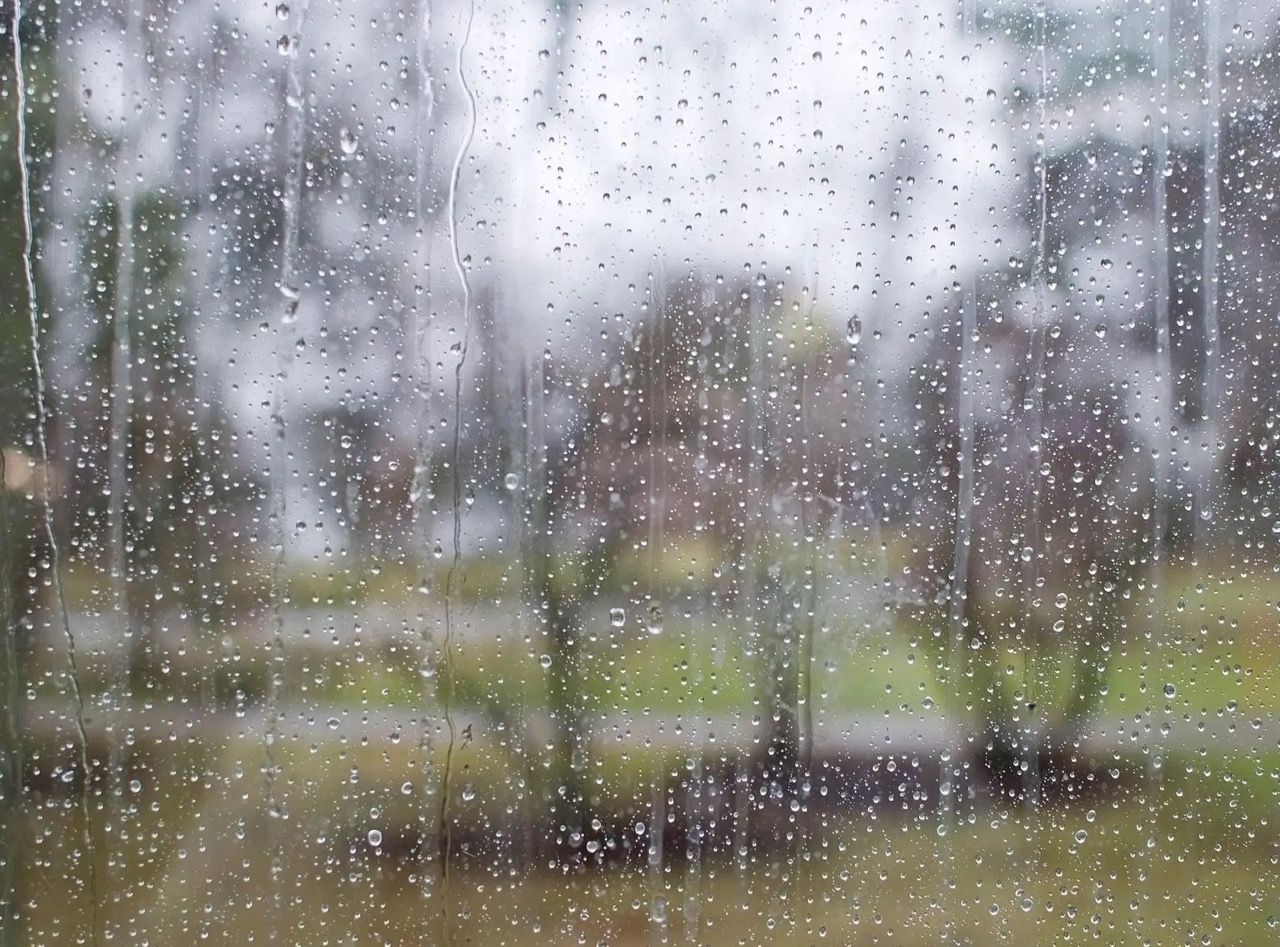

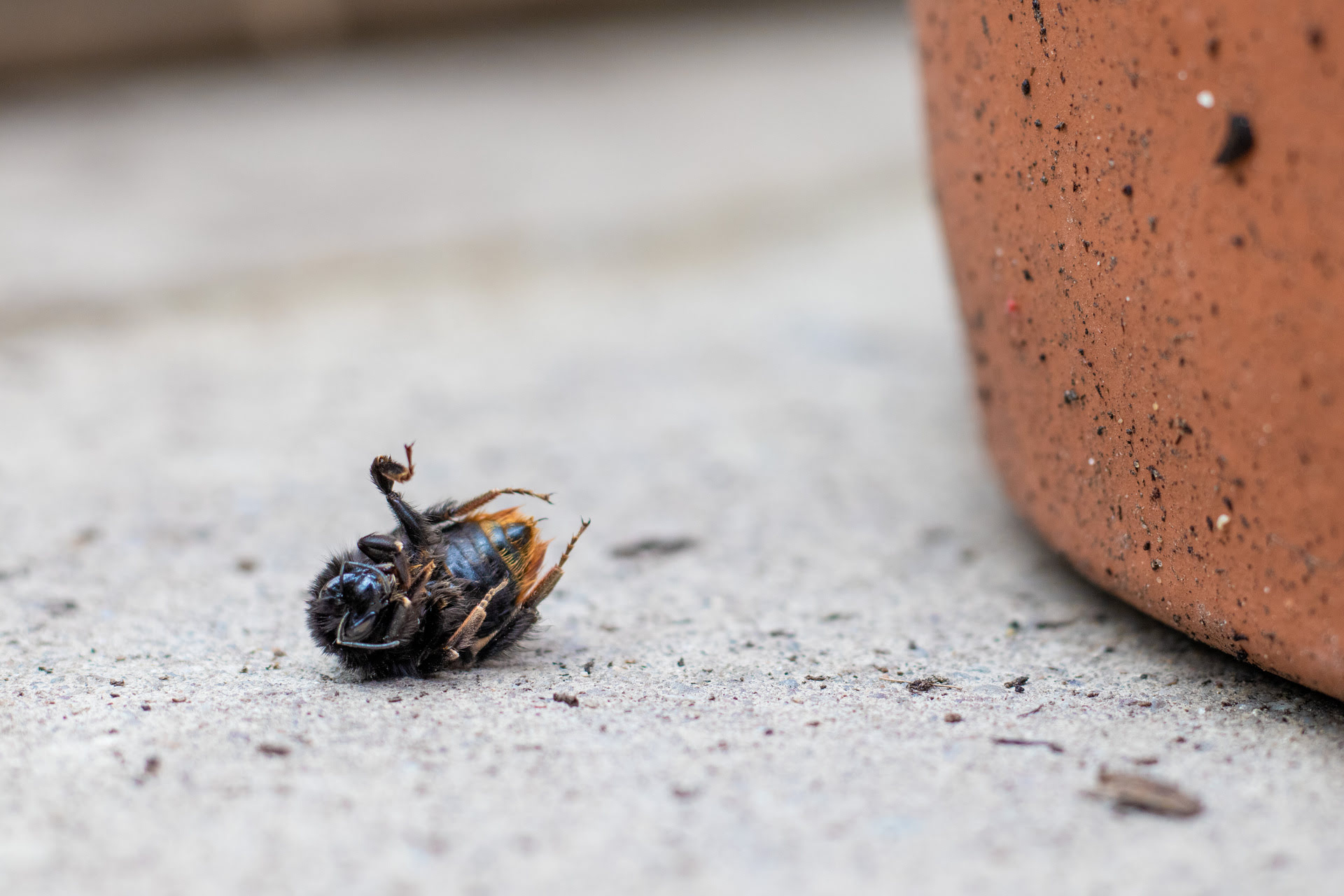
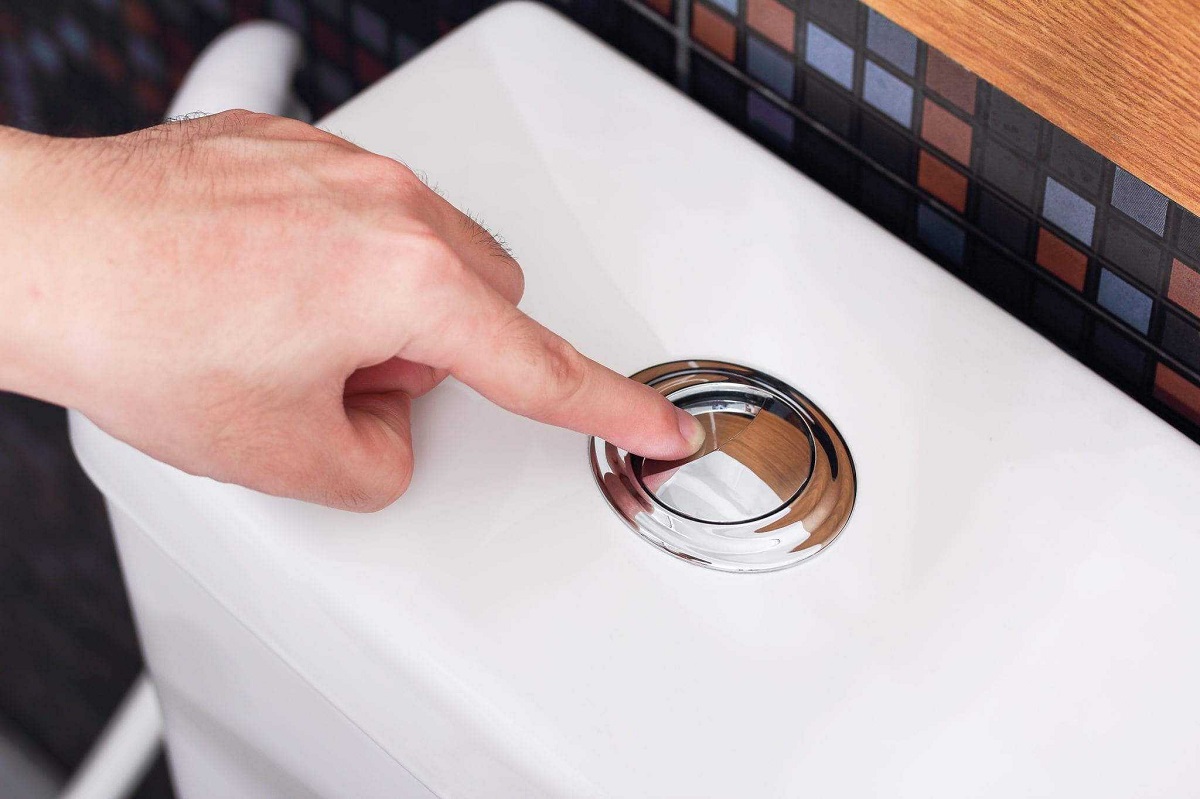
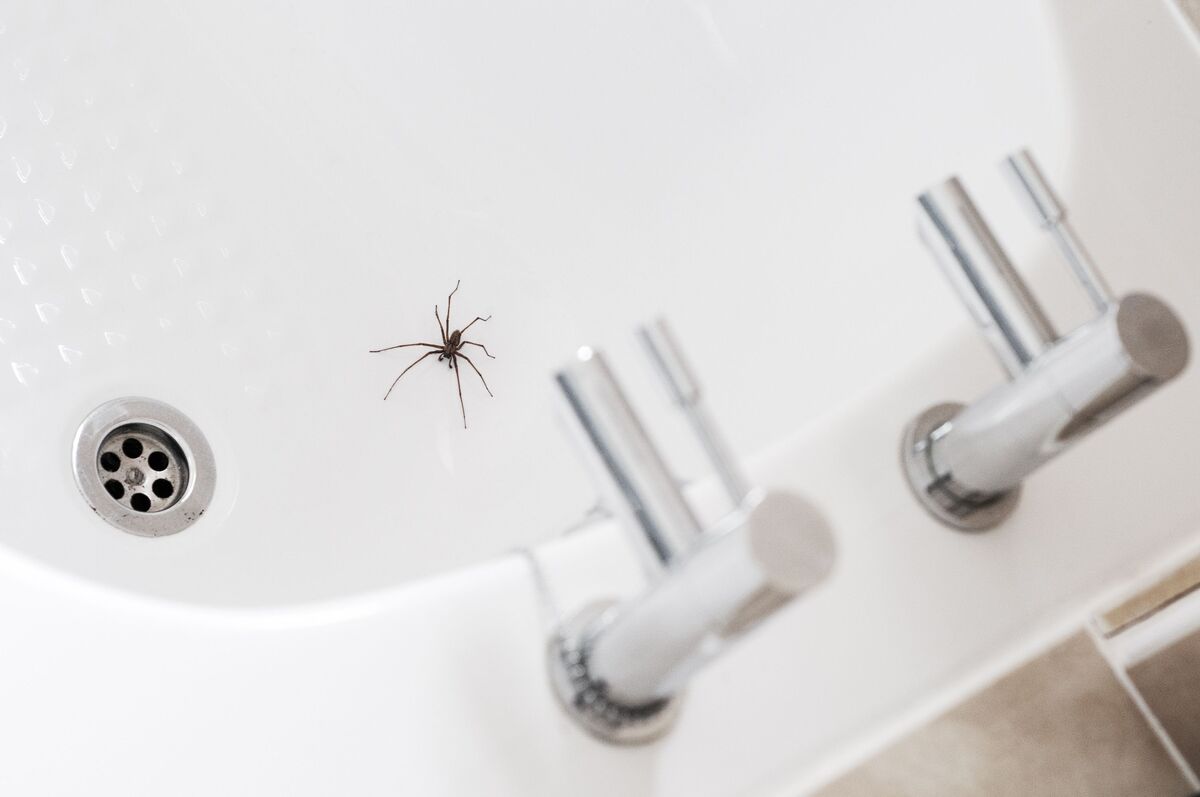


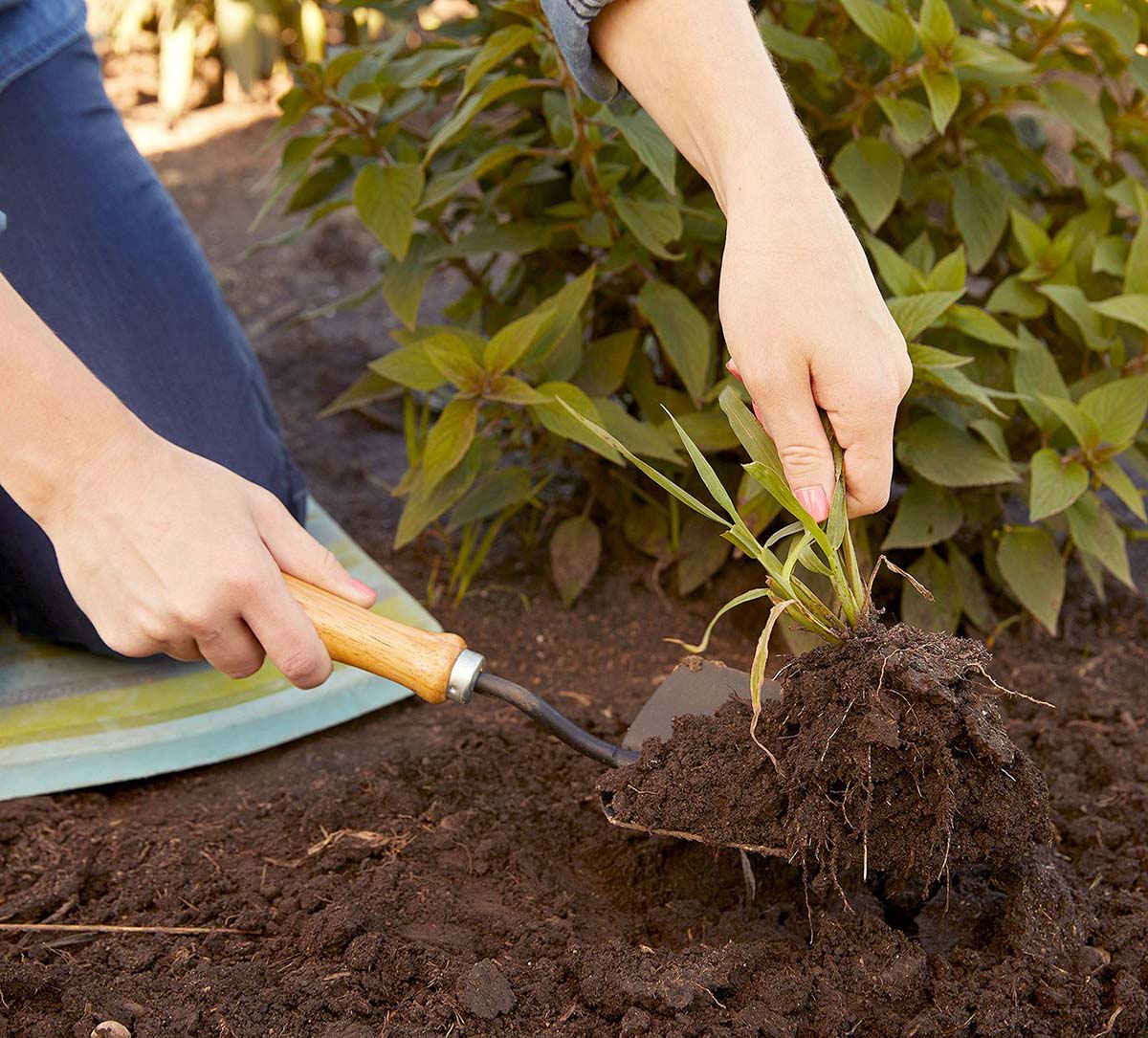


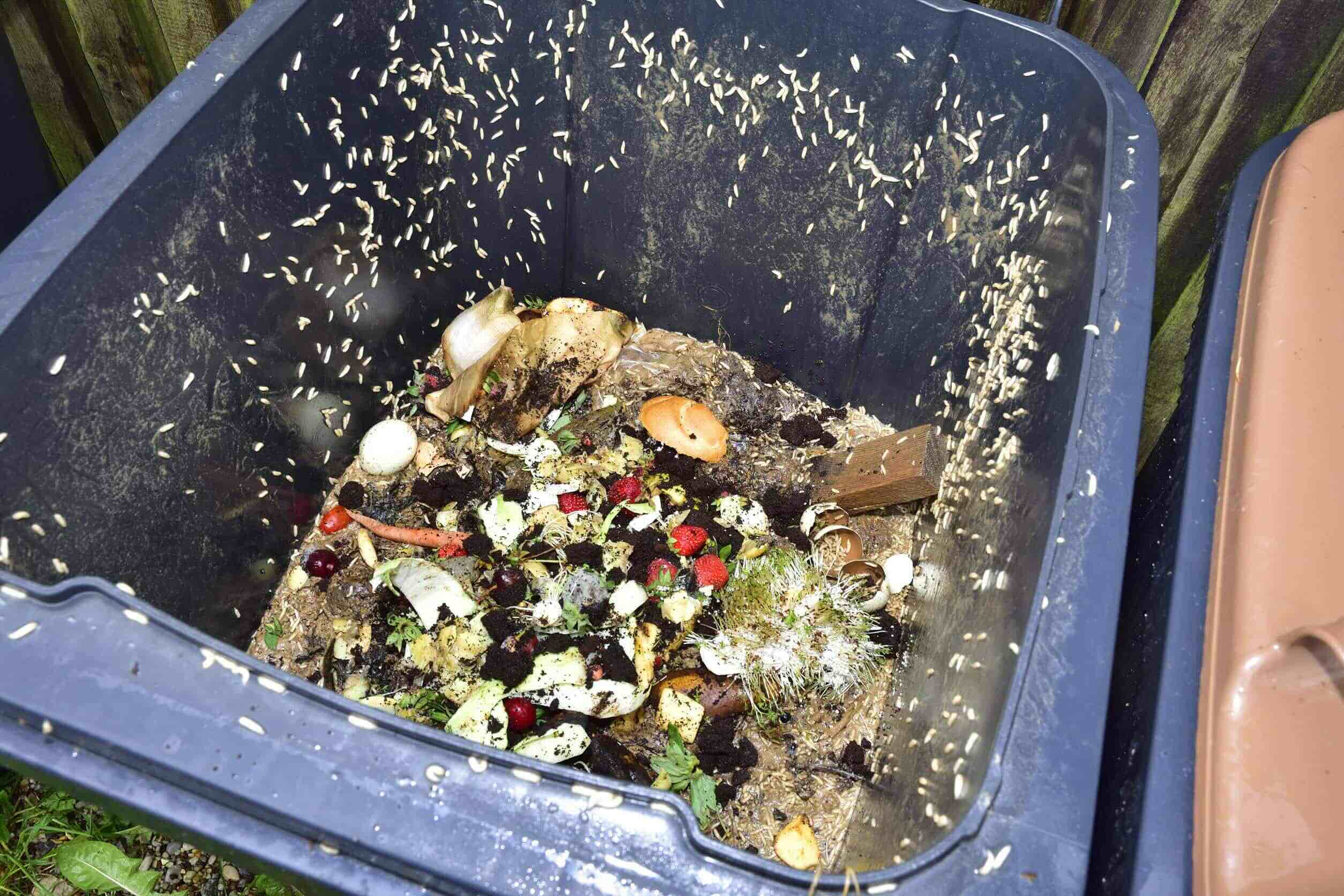

0 thoughts on “Why Do I Have So Many Flies In My House And How To Keep Them Out”